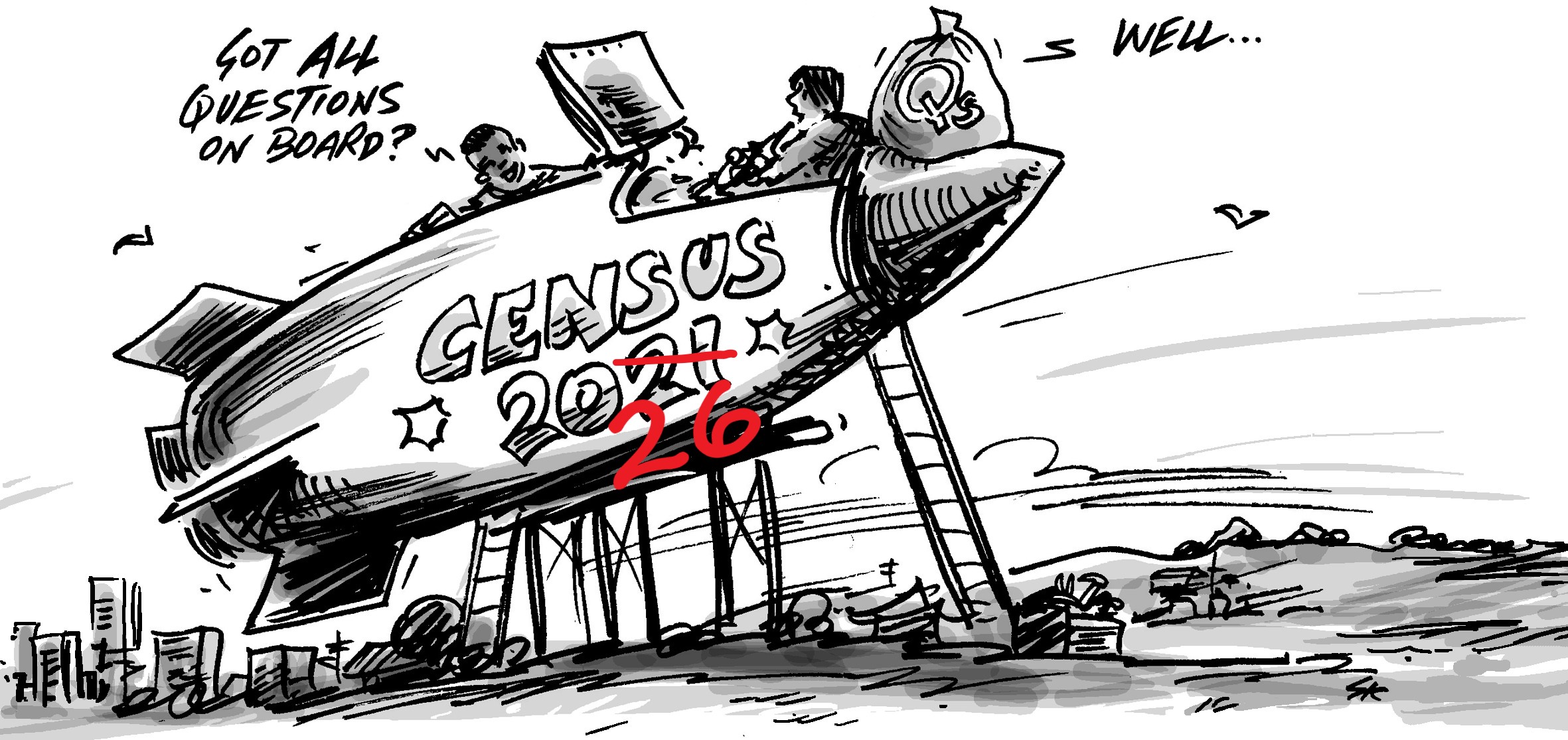You may have noticed that here at .id we take a keen interest in the Census, which is integral to the work we do and of vital importance to our clients. To keep you updated with the latest on Census, we thought we’d share some information from our recent catch up with the ABS…
While #censusfail was well publicised on social media, in many respects the 2016 Australian Census looks to have better outcomes and data than the 2011 and 2006 Censuses! Of course, we won’t know for sure until the non-response rates are published with the main national release in April, but it’s certainly looking good in a number of aspects:
- Over 96% of households responded to the Census. 72% responded without any prompting from a field officer.
- 59% of households completed the Census form online. This results in much better data, as respondents are guided through the form and it’s harder to miss questions.
- While the number of households using the online form was lower than expected due to the form being offline on Census night, it’s still almost double the online response from 2011.
- There were fewer refusals to complete the Census in 2016, down a little from about 13,000 in 2011 to less than 11,000.
- After the Census, 86% of people agreed it should be compulsory.
- Preliminary investigation indicates a decline in households not responding to the income and religion topics (typically these have the highest non-response and religion is optional anyway), and a slight increase for birthplace.
So despite the relentless negativity in the media through the Census collection period, it looks like a good result. This means we should get a fantastic new dataset this year that will help everyone understand their local communities.
ABS release dates
Data from the ABS is expected to be released as follows:
- April 11th – A limited preview of National and state topics to give an insight into the ‘typical Australian’. We will blog about these after the release to update you on interesting insights.
- June 27th – Local area datasets for the majority of topics. We will commence updating our profile.id and atlas.id sites after this release from the ABS. Census-based Estimated Resident Population numbers will also be released
- July 28th – Local Government and SA2 based Estimated Resident Population numbers.
- October – Employment, population mobility and qualifications data released for all geographies. These datasets underpin the remainder of profile.id and all the Census data in economy.id.
- Read more from the ABS here.
.id updates
Once data is released from the ABS, .id can work on getting the new information into all our web tools for customers to use as soon as possible. There’s a lot of work for us to do in processing the data from the ABS so that we can update our online resources. We will start by writing blogs about National and state level information released by the ABS in the initial April data release. For our local government clients, we will start updating profile.id sites first following the ABS releases in June this year. Data in economy.id will be updated following the October ABS release. Population forecasts will be progressively updated client by client, once we have the Age/Sex Estimated Resident Population which is released in August.
2017 promises to be a very exciting year in the world of demographics! Stay tuned!
.id specialises in analysing and presenting Census data in user-friendly online information tools. You can access .id’s community websites to see the demographic profile characteristics for over 250 local government areas in Australia and New Zealand.









